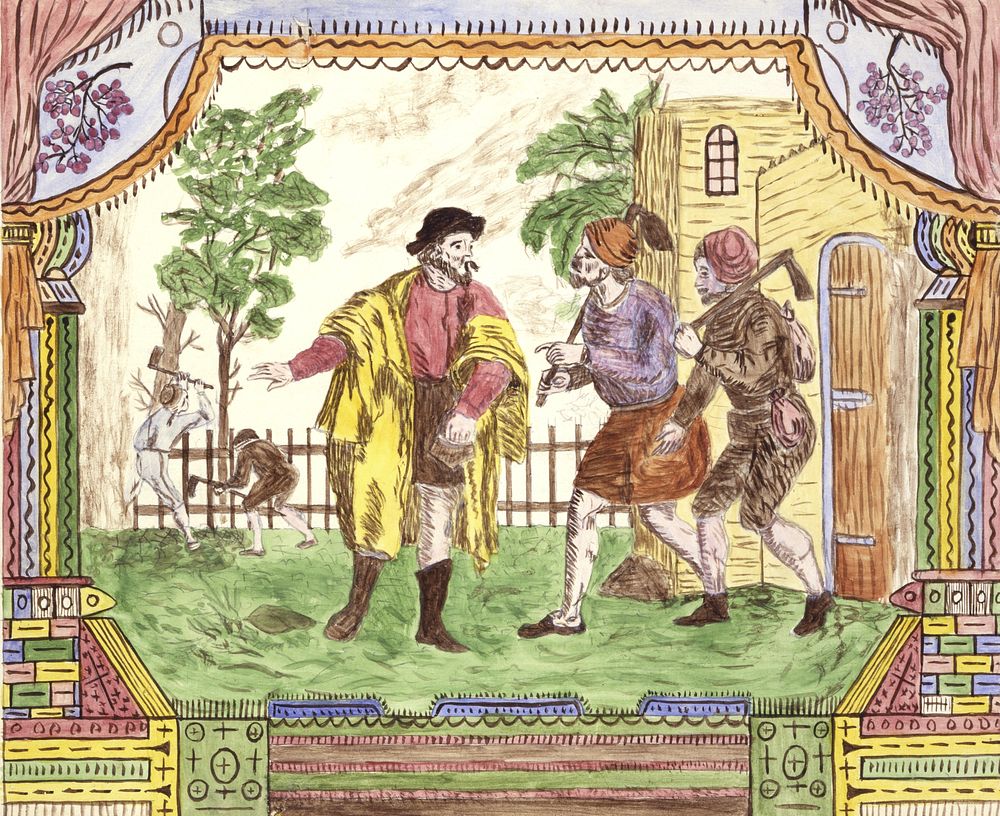
We all know the story of the Good Thief very well. This man was crucified alongside Jesus and asked Jesus to remember him when he came into his kingdom, unlike his companion. In the Catholic Church, we call him St. Dismas. He made the heist of the century. He was able to steal heaven!
The story of the Good Thief illustrates today’s parable. As St. John Chrysostom tells us, the landowner did not call all the laborers simultaneously but chose to call some in the morning, some at the third hour, and so on, based on their individual readiness to respond. He called them when they were willing to obey, just as He called the thief when he was willing to obey. When they say, “Because no one has hired us,” it is important to note that it is the laborers speaking here, not the Lord. In reality, the Lord calls all people from their early years, as indicated by the fact that “He went out early in the morning to hire laborers.”
This parable, rich in meaning, reveals to us some characteristics of God’s love. Firstly, it shows us the persistence of the Lord in pursuing us, offering his forgiveness, and calling us to holiness. Without violating our freedom, he calls again and again, knocking at the door of our hearts. As Pope Francis puts it, “God never tires of forgiving us, but we sometimes tire of asking Him to forgive us. Let us never tire of asking God’s forgiveness. He is the loving Father who always forgives, who has that heart of mercy for all of us.”
Secondly, one of the Church’s Fathers says, “God shows His inestimable mercy, by first rewarding the last and more unworthy, and afterwards the first; for of His great mercy He regarded not order of merit.” Mercy goes beyond justice, and God shows his infinite power in being merciful. While justice requires that individuals receive what they deserve, mercy involves compassion, and forgiveness. Justice is about giving each person what they deserve, while mercy does not regard merit. The mercy of God only looks at a contrite heart.
Thirdly, St. Gregory the Great tells us that “none should despair of his neighbor, even though he sees him lying in vices; because he knows not the riches of the Divine mercy.” If the Lord does not give up on anyone, we should not give up either.
The workers who were hired later in the day represent people who may have lived in sin or turned away from God for most of their lives. The parable underscores the idea that it’s never too late to turn to God and receive His forgiveness and grace.
In the story of the Good Thief, or St. Dismas, we witness a remarkable example of divine mercy and redemption. This thief crucified alongside Jesus, seized the opportunity for salvation at the eleventh hour, echoing the message of today’s parable. Just as the landowner called laborers throughout the day based on their readiness to respond, so did Jesus call the repentant thief when he was willing to obey. The thief’s heist of heaven serves as a vivid reminder that God’s mercy knows no boundaries.
Let us learn from this parable to be open to the Lord pursuing us, receive God’s mercy with a joyful and contrite heart, and never despair of anyone’s salvation.

